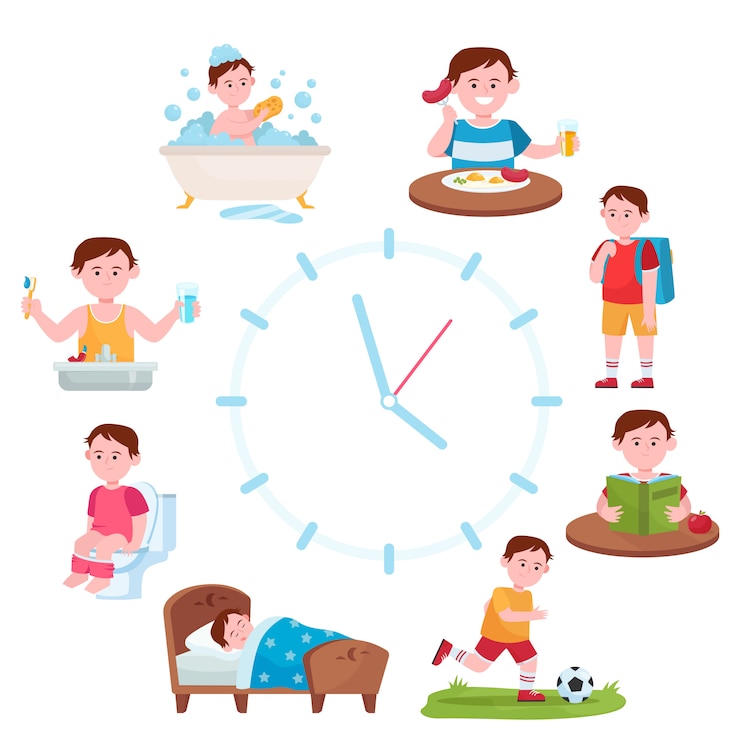
Inside: Discover the crucial first step to handling a child’s emotional outbursts, along with a step-by-step guide to implementing it.
Table of Contents
Lately, I’ve noticed a recurring theme among kids through conversations with friends, clients at my therapy practice, and the Parents with Confidence Facebook community. You might have noticed it with your child too.
Comments like:
– “I feel sad and angry sometimes, and I don’t really know why.”
– “He keeps freaking out on me all the time, and I don’t know what to do.”
– “Little things that never bothered her before are causing her to completely fall apart.”
Amid all the uncertainty we’re facing, one thing is clear: we’re living in a stressful time. If you’ve been feeling unsettled and overwhelmed, imagine how your children feel. They rely heavily on consistency and stability for a sense of security. When their sense of safety is threatened, their emotional center, or amygdala, kicks in, leading to more emotional flare-ups. It’s not surprising that everyone is feeling a bit shaky right now.
So what’s the most important thing a parent can do when their child has an emotional outburst? Accept that these outbursts are a natural response.
Creating an environment where emotions, especially the big ones, are allowed and accepted is essential. It can be tough when your child is upset, and your stress response might go into overdrive when things escalate. But understand that being overwhelmed by your child’s emotions is a sign that you care deeply.
Although it might be instinctive to shy away from or shut down emotional expressions (a behavior we might have learned from our own childhood), this isn’t beneficial for nurturing an emotionally intelligent child. Since emotions are real reactions in the brain, trying to suppress them doesn’t work. The only way to manage an emotional outburst is to face it head-on.
We often try to defuse children’s emotions with phrases like:
– “You’ll be okay, it’s no big deal.”
– “Stop that, that’s enough!”
Think about how you’d feel if someone responded to your emotions in this way. It’s not only unhelpful but also disrespectful. Ignoring children’s emotions can lead them to bottle things up, potentially causing anxiety or depression later on. So let’s commit to developing more patience and understanding when our kids are emotional.
1. Reflect on how you handle your child’s heightened emotions. Do you react by becoming upset too, or do you withdraw?
Understand your natural reactions to stress and assess if they help your child. Being a calm, steady guide is the best way to support your child’s emotional regulation.
2. Consider the origins of your responses. Did your caregivers dismiss your emotions in childhood? Reflecting on both your upbringing and personal nature will help you understand your reactions and improve the way you support your child.
3. When stressed, count to 10 and repeat a helpful mantra. Direct your thoughts by using a phrase like “Pause, and let it be” or “I can handle this.” Remember, processing emotions healthily involves going through them. These moments are opportunities to show your child that their emotions aren’t too much to handle.
Once you’ve allowed their emotions, only then should you move to talk to your child and help them cope. Using a simple validating phrase like, “I see you’re very upset, and I’m here,” can help them feel heard. While emotions are valid, behavior limits are still essential. For instance, you can say, “It’s okay to be mad, but it’s not okay to hit.”
The journey to raising an emotionally intelligent child starts with creating an environment where emotions are acknowledged and accepted. While stress is high, this can be an opportunity for personal growth and to teach children essential social and emotional skills.
Often, following parenting instincts is wise, but when reacting to emotional outbursts, going against those instincts can foster an emotionally healthy child. Start with the simple step of embracing their emotions today.
Sign up below for insights and strategies on discipline, emotion management, and improving communication with your child.
Additional articles you might find helpful:
– 75 Effective Calm Down Strategies for Kids
– 10 Overlooked Anxiety Symptoms in Children
– Dealing with an Angry Child? Here are 10 Possible Reasons
– Simple Daily Ways to Boost Your Child’s Mood
– Helping Children Manage Anger Now and for Life



